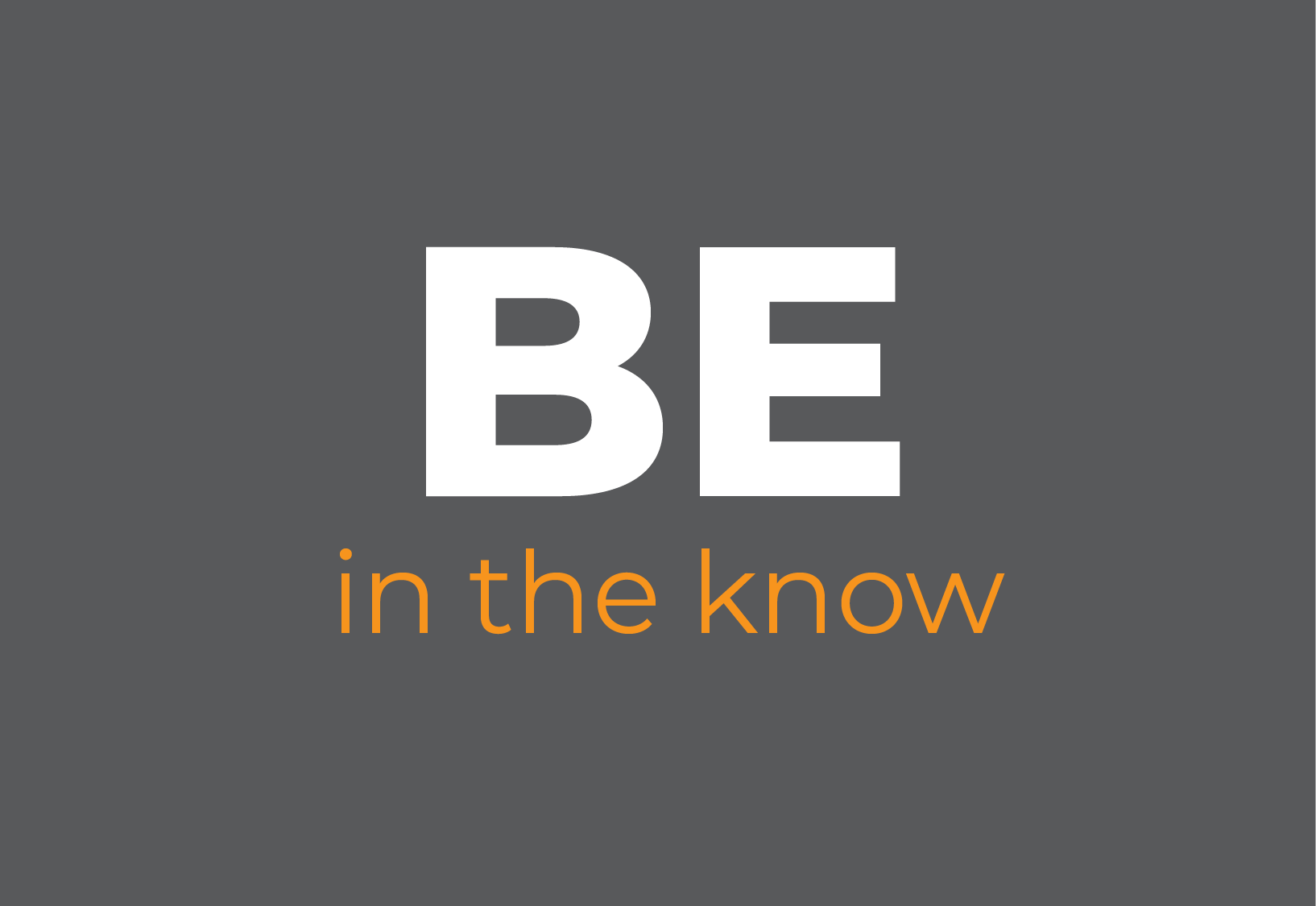This website uses cookies so that we can provide you with the best user experience possible. Cookie information is stored in your browser and performs functions such as recognising you when you return to our website and helping our team to understand which sections of the website you find most interesting and useful.
News + Events + Resources
From Concept to Launch: Crafting a Client-Centric Legal Website
April 25, 2024 | Blog
Recently, I had the pleasure of participating in a joint Association of Legal Administrators/LMA Mid-Atlantic panel focused on the intricacies of website management and development within the legal industry. Obviously, this is a topic near and dear to my heart since one of LISI’s core services is designing and developing fully custom websites built on WordPress. Joined by Kristen Chatterton, Director of Marketing and Business Development at Woods Rogers in Richmond, and Rebecca Edwards Hnatowski of Edwards Advisory, we had a lively, often opinionated (ha!) conversation about what it takes to actually get a website initiative not just off the ground but well-executed on-time and on-budget.
Here are the big takeaways:
Understanding the Need for a New Website
The consensus was clear that a firm’s website acts as its digital storefront—often the first point of interaction a client or potential hire has with the firm. If a website appears outdated or is difficult to navigate, it can immediately put a firm at a disadvantage. The external appearance of a website not only reflects on the firm’s brand but can also influence internal morale and culture.
What you need to know:
- Evaluate Current Website’s Effectiveness and Appearance: If the firm’s current website appears outdated, is difficult to navigate, or does not align with modern user experience expectations, it might be time for a redesign.
- Internal Feedback and Cultural Relevance: Does the current website still represent the firm’s culture, values, and objectives effectively? Internal feedback from attorneys and staff about the website can be a strong indicator. If there is a general sense of dissatisfaction or the site feels stale internally, this could signify a need for a refresh to reinvigorate the firm’s internal and external branding.
- Alignment with Technological Advancements and Content Management: As technology evolves, a website might become less compatible with new standards and software, impacting its functionality and security. If the backend is difficult to update or maintain, or if the site is not effectively supporting the firm’s marketing and business development activities due to technological limitations, it may be time to consider building a new website with a more robust and flexible content management system.
Your Website’s Lifespan
While non-legal industries might see website overhauls every one to three years due to rapid brand evolution or technological advancements, law firms generally seem to undertake a refresh every five to seven years. And, with thoughtful design and robust infrastructure, a website can remain effective and engaging well beyond the typical lifespan.
What you need to know:
With strategic updates and enhancements, the actual lifespan of a website could be extended. This approach involves continuously evaluating and updating the website’s design and functionality to ensure it meets the firm’s changing needs without requiring a full redesign every few years. Taking an intentional approach to strategic enhancements on a regular schedule can enable a law firm to evolve its website over time, rather than trying to swallow the ocean all at once. This method not only makes financial sense but also keeps the website dynamically aligned with the firm’s branding and client service objectives.
Decision-Making and Website Committees
While lawyers’ input is certainly valuable, legal marketers should carefully manage their involvement to avoid complicating the process and potentially derailing the project. A smaller, more focused group is often more effective when it comes to making effective decisions. Large committees can dilute the decision-making process and slow down progress, potentially stalling a website project for years. (Not an exaggeration. I’ve seen it happen.)
Role of the Website Committee
The size and composition of the website committee are crucial. A smaller, more focused group is recommended to facilitate easier decision-making and to avoid the pitfalls of too many conflicting opinions. The committee should include members who are decisive and knowledgeable about the firm’s strategic goals, rather than a larger group that might bog down the process.
Strategic Leadership and Expertise
It’s important that the committee or the leaders of the project wield enough authority and expertise to guide the project effectively. They should be empowered to make key decisions and keep the project on track, using the lawyers’ input more for validation rather than direction.
What you need to know:
- Have a clear decision-maker or a small, empowered team to keep the project on track.
- Manage lawyers’ involvement strategically to leverage their insights without compromising the effectiveness and efficiency of the project.
Differentiating Your Firm Through Its Website
Differentiation remains a challenge, as many firms offer similar services. However, our panel highlighted the importance of storytelling and personalization in setting a website apart. The use of authentic, engaging content that reflects the firm’s unique personality and values can significantly enhance its appeal to prospective clients and employees.
The Role of Technology and AI
We delved into the use of AI tools like ChatGPT, which can aid in content creation by providing first drafts or new phrasing options. However, AI should be seen as a tool to assist, not replace, human creativity and oversight. The final content should always be refined and approved by humans to ensure accuracy and maintain the firm’s voice.
Keeping a Project on Track
The final part of our conversation tackled the execution challenges of website projects. Key strategies include setting realistic timelines, managing internal expectations, and maintaining open lines of communication with all stakeholders. Ensuring that everyone involved understands the website’s goals and adheres to the agreed timeline is crucial for timely and successful delivery.
Reflecting on the event, the energy and commitment to excellence shared by my fellow panelists and participants were truly inspiring. As we navigate the complexities of digital transformation in the legal industry, in-person gatherings like these are invaluable for sharing best practices and learning from one another’s experiences. Whether you are in the midst of a website redesign or considering one in the near future, I hope these insights offer valuable guidance and inspiration!
Author
WE ARE DIGITAL ARTISANS.
Let us create a bespoke strategy for your practice.

